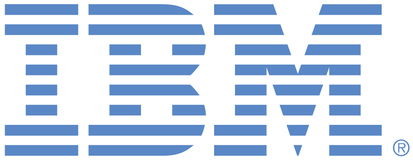
This is an IBM Automation portal for Integration products. To view all of your ideas submitted to IBM, create and manage groups of Ideas, or create an idea explicitly set to be either visible by all (public) or visible only to you and IBM (private), use the IBM Unified Ideas Portal (https://ideas.ibm.com).
Shape the future of IBM!
We invite you to shape the future of IBM, including product roadmaps, by submitting ideas that matter to you the most. Here's how it works:
Search existing ideas
Start by searching and reviewing ideas and requests to enhance a product or service. Take a look at ideas others have posted, and add a comment, vote, or subscribe to updates on them if they matter to you. If you can't find what you are looking for,
Post your ideas
Post an idea.
Get feedback from the IBM team and other customers to refine your idea.
Follow the idea through the IBM Ideas process.
Specific links you will want to bookmark for future use
Welcome to the IBM Ideas Portal (https://www.ibm.com/ideas) - Use this site to find out additional information and details about the IBM Ideas process and statuses.
IBM Unified Ideas Portal (https://ideas.ibm.com) - Use this site to view all of your ideas, create new ideas for any IBM product, or search for ideas across all of IBM.
ideasibm@us.ibm.com - Use this email to suggest enhancements to the Ideas process or request help from IBM for submitting your Ideas.

From developer:
The second link provided in previous comments does seem to describe what you have asked for. If it does not, then much more detail would be needed as to why it doesn't.
Hi Mark,
As per the diagrams still it doesn't give complete solution to the requirement has been raised as part of the initial request.
Solution provided below doesn't full fill all the requirements as expected.
Thanks,
Chinna
Previous comments have shown how we believe this is already available.
Response from the developer responsible for this area: "Are you aware of the queue manager setting ClusterQueueAccessControl=RQMName (configured in qm.ini) which allows authorities on cluster objects to be defined using the actual (remote) object or queue manager name rather than against the SCTQ? Although this does not avoid the requirement for the cluster channel agent (MCAUSER) to have access to the target queues at the recipient queue manager, it does mean that - assuming the administrator of the source queue manager is trusted - applications do not need to be granted access to each other's resources. If I am reading the proposal correctly, I think this already meets your key requirements. If not could you explain how this is insufficient?"